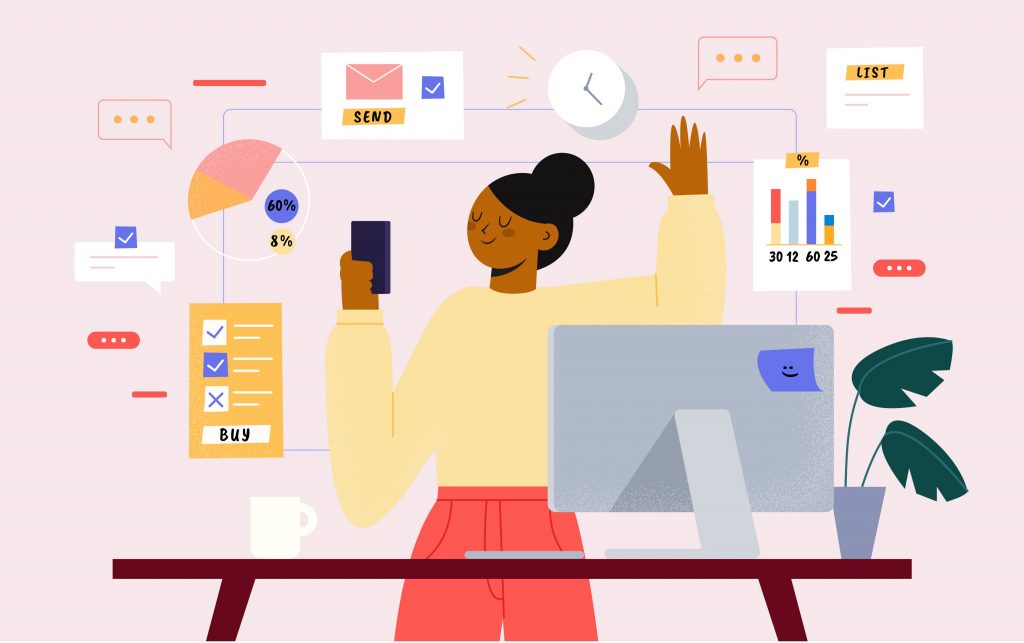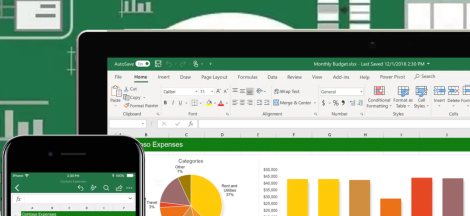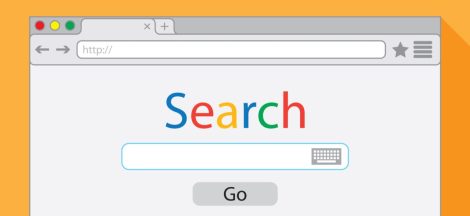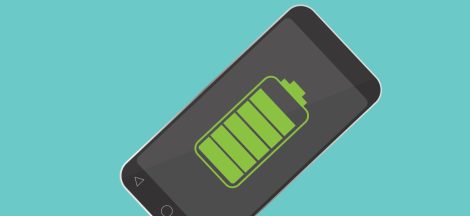Coming back stronger than ever, the Coronavirus has made an unwelcome comeback this month. This wave has, yet again, halted our face-to-face education… well, the institutes that were open anyway.
For those of us going back to Distanced Learning and taking online classes, we have to readjust to the lockdown life again: the mundane act of staring at a computer screen for 7+ hours a day, the spine-crushing sitting on a chair from dusk till dawn, and the worst of them all, the eating our hearts out at home with little to no physical exertion to torch those calories. We’ve all been there; we’ve all suffered through this with the first wave. The difference now is that we can be prepared. We can devise strategies.
How?
There’s a simple art to staying at home all day. Master that, and you can make the most of these locked down conditions. First off, everyday within these conditions should be planned out; each slot of your day should have an allotted task that you achieve in it. It could be eating, sleeping, working, or even recreational activities like simply scrolling through social media. Planning it out on a piece of paper or on a phone calendar helps you visualise it better, making it easier for you to stick to it.
As with the pre-COVID normal days, we all need balance in our lives. Everything from sleeping to eating, studying, and exercise should come in moderation. These slots can overlap; for example, with online classes, many a times you can eat and study together! Whatever you do, however, should be in doses.
Lastly, what I’ve particularly learned from the last lockdown, is that tracking does wonders for your routines. Track what you’ve eaten, how much you’ve worked, how much sleep you’re getting, what your screen-time is, and basically everything else. This helps you visualise how much you’ve achieved in a day and then improve on yourself for the next day. To help with this, I’ve given links to apps that I found useful during the last wave.
What?
With lockdowns and self-quarantines, its important to list out a number of activities that you can, should, and want to do in a day. For example, if I were to make a basic list right now, it would include sleeping, eating, studying, working, exercise, and other recreational activities (like sitting on my phone and scrolling through Instagram). I need to and should complete all these tasks in some way, shape, or form, by the end of my day. Now, I know this already sounds like too many things to do in twenty-four hours, but trust me, all these can be done with a little planning.
Sleeping
Let’s be honest, the thing that most of us do a lot more than usual during a locked down day is sleep. It could be because we get tired of studying or because all the other household activities tire us out. I think its because it is simply too accessible; whenever we’re home, at any given moment, we can go into our rooms and just sleep.
My advice, or something that could and should work, is to get seven hours of sleep and get them early in the night; the earlier the better. This works because the earlier you start the day, the more productive that day goes because there are more hours of daylight that you see and the day seems longer.
You can also sneak in a quick nap during the day but that should not last more than an hour.
A sleep tracking application that I have found to be quite effective is Sleepzy. It can be downloaded through your iOS or Android application stores. You can also track sleep on most health applications.
Studying
With studying, obviously, most of us have the day already planned for us. For those of us in schools and universities, we usually have a 7am-2pm, a 9am-5pm, or even a 5pm-9pm day (for those taking night classes). There’s not a lot we can do to change that routine. However, if you have exams coming up or you’re simply trying to study more, this one can be given as much time as you need, provided the other activities do get their minimum share of your day as well.
Working
Working, for some, could be physically going in to work or it could be done online. Going in to work also has its fixed hours that, in most cases, cannot be tampered with. Those of us who work from home can, however, choose to work at anytime we want. I always find that if I finish my classes and my work, all in one go, I can relax at the end of the day, knowing that I have finished my professional goals for the day.
For working, more important than What we do is How and Where we do it. Keep reading ahead to find out how those can be optimised to give you the most out of your day.
With studying and working, a simple routine, to-do list application would work with its tracking. This can also be done on your Calendar or Reminders app.
Eating
If we’ve learned anything from the past lockdown (for those of us still living with our parents) is that our moms (or dads) make the most amazing food… and that we can eat more than we once thought we could!
These eating habits, without a proper exercise routine, can be very dangerous to your health. They can lead to obesity which, in turn, leads to heart diseases, diabetes, and a world of other health complications. It is therefore very important to have a balanced diet: eat a little bit from each food group, stay away from too many sweets and carbs, focus more on fruits and vegetables, and burn away the calories if you do eat more than the normal amount in a day.
The best tracking application I have found for counting my calories is an application called Lose It! It can be found on the App Store as well as the Google Play Store. Lose It! Is a simply calorie tracking application which can record what foods you eat in a day, give an estimate of how many calories they would be, and subtract calories by tracking exercise sessions as well.
Exercise
Exercise was either the most forgotten thing during the previous lockdown, or the most focused. There was no in between. Finding the right balance and burning off the extra calories from sitting all day is important to avoid many health complications. What I have found to be most effective and useful has been the sticking to a well-structured YouTube video, specific to your needs; and keeping it consistent throughout the week. A cardio-strength balance also needs to be considered. Strength training can, in the long run, help with speeding up your metabolism and helping you lose, or maintain weight; a small amount of muscle also weighs more than the same amount of fat so gaining muscles can also help with gaining weight.
Desk exercises could also be a very effective way of keeping active. The University of New Hampshire suggests turning off your camera, and doing squats, push-ups, or jumping jacks whilst taking classes. Tiny Pulse has also suggested some desk exercises for you to check out during the next class that you have!
Lose It! also helps with tracking various exercises and how many calories they torch. Other applications include 7-minute workout applications, and the YouTube app (you can find anything on YouTube).
Social Media
This deserves to be a whole different category because, in my opinion, whether we like it or not, our generation relaxes on the internet. It’s how we keep in touch with each other and how we keep in touch with the rest of the world. It’s how we laugh and blow off steam. Something that relaxes your mind and eases your thoughts in a hectic day should be given importance and time. It should, therefore, also be given a slot in your timetable.
However, an excess of these can cause addiction which will not only mess with your eyesight and your thought process, it will also waste a lot of your time. To fight against that, applications like Instagram have limits that you can put in; the app then gives you a notification after you’ve been on it for a specific amount of time in a day. iPhones in general can have screen time notifications set up in them to warn their users of when they’ve used their phones for more than a predefined amount of time.
Where?
With lockdown conditions, even if you are, by law, allowed to go outside, you should go when necessary. All the things mentioned above can be done from within the quarters of your house. Going to the gym to exercise, out to restaurants to eat, and to educational institutes to study can be a risk to your health as well as the health of your loved ones at home. So, stay at home and stay safe!
Within your house, you can allot specific areas to specifc tasks. I’ve always found that it helps me focus more if I have a specified studying/working place. This area should mainly not be used for anything else. Exercising can be done almost anywhere you can fit a yoga mat. Desk exercises and standing exercises can also be done where you study.
Sleeping can be done anywhere you find comfortable!
So, there it is! This articles focuses on the six most important and general things that almost everyone has to do everyday. You can always add to the list and make it your own. The three things that should stay the same, however, are tracking, consistency, and balance; track what you do, do it consistently, and find the right balance when allotting time to each activity.
All of these ways and these applications will simply help you in achieving your lockdown goals. I’m going to be honest; you’ll have to put in the effort yourself. You will have to fix your sleeping schedule, eat healthy and nutritious foods, work and study an appropriate amount, and exercise when you can. You’ll have to keep on trying and hope that with each passing day you get more active and productive within the premises of your home; I know I am.





 Journey to $1 million in seed funding – In Conversation with Mahlaqa Shaukat founder of AimFit
Journey to $1 million in seed funding – In Conversation with Mahlaqa Shaukat founder of AimFit